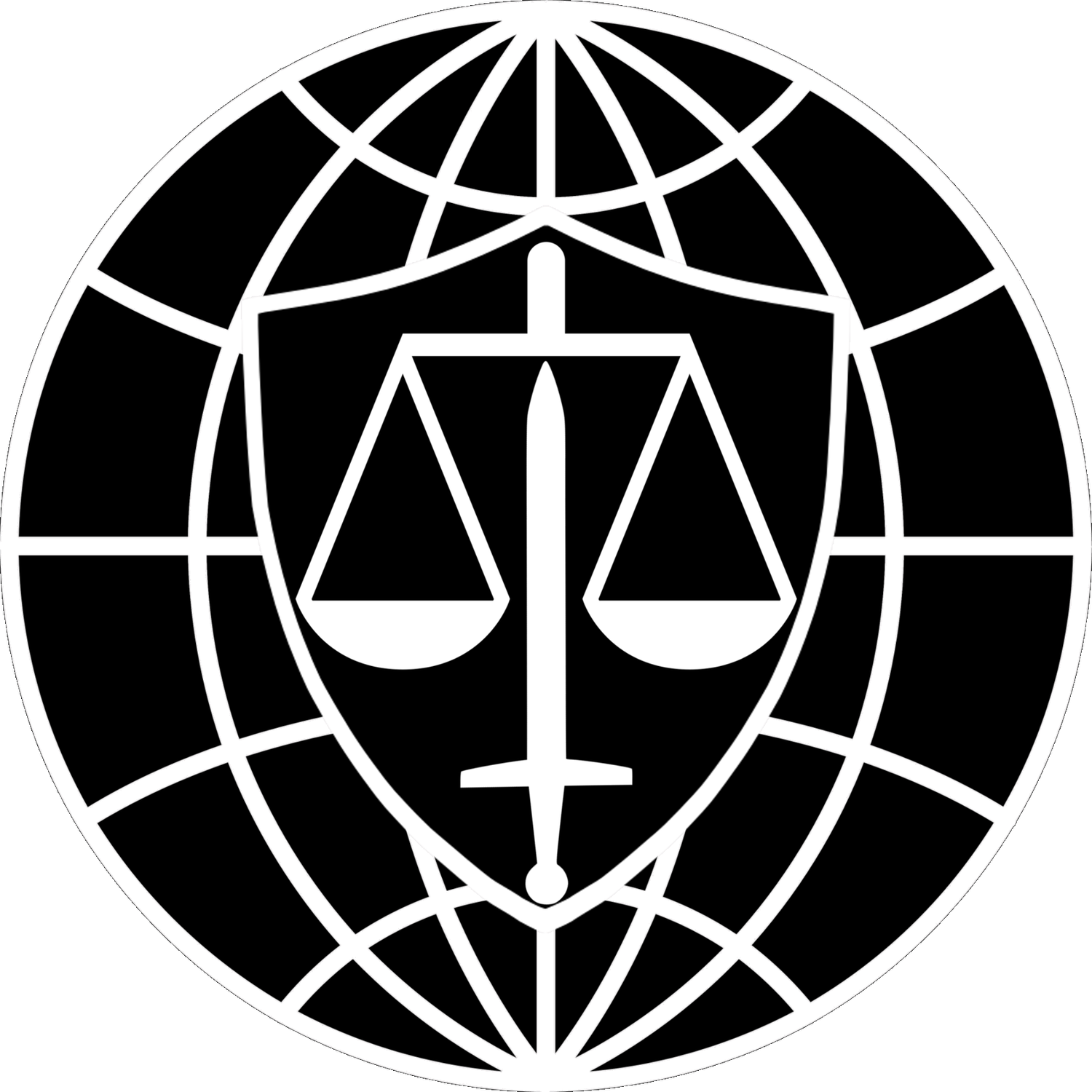Work-Based Immigrant Visas
Date of Information: 09/25//2025
Check back soon; we update these materials frequently.

What are the Options?
Three basic types of employment-based immigrant visas are based on your experience, education, and talents.
*There are a few other types of employment-based immigrant visas. However, they are rare and based on specific conditions. Please ask your attorney if you think you might qualify.
EB-1:
There are three sub-groups within this category:
Persons with extraordinary ability in the sciences, arts, education, business, or athletics. Applicants in this category must have extensive documentation showing sustained national or international acclaim and recognition in their fields of expertise. Such applicants do not have to have specific job offers, so long as they are entering the U.S. to continue work in the fields in which they have extraordinary ability. Such applicants can file their own Immigrant Petitions for Alien Worker, Form I-140, with the USCIS.
Outstanding professors and researchers with at least three years experience in teaching or research, who are recognized internationally. Applicants in this category must be coming to the U.S. to pursue tenure, tenure track teaching, or a comparable research position at a university or other institution of higher education. The prospective employer must provide a job offer and file an Immigrant Petition for Alien Worker, Form I-140, with the USCIS.
Multinational managers or executives who have been employed for at least one of the three preceding years by the overseas affiliate, parent, subsidiary, or branch of the U.S. employer. The applicant’s employment outside of the U.S. must have been in a managerial or executive capacity, and the applicant must be coming to work in a managerial or executive capacity. The prospective employer must provide a job offer and file an Immigrant Petition for Alien Worker, Form I-140, with the USCIS.
EB-2:
There are two subgroups within this category:
Professionals holding an advanced degree (beyond a baccalaureate degree) or a baccalaureate degree and at least five years of progressive experience in the profession.
Persons with exceptional ability in the sciences, arts, or business. Exceptional ability means having a degree of expertise significantly above that ordinarily encountered in the sciences, arts, or business.
National Interest Waivers
Usually, an applicant for an EB-2 visa has to have a job offer from an employer in the United States. The prospective employer must also have permission from the U.S. Department of Labor to give the job to a foreign applicant. The prospective employer can only obtain that permission through a long and expensive “Permanent Labor Certification.” However, an applicant can avoid the requirement of a job off and “self-petition” if the applicant obtains a “national interest waiver” (“NIW”). To obtain an NIW, the applicant must complete a Department of Labor Form ETA 9089. a
The legal test for what an applicant must prove to earn a national interest waiver was established by the USCIS Administrative Appeals Office in a case called In the Matter of Dhanasar, 26 I&N Dec. 884 (AAO 2016). Under Dhanasar, an applicant must also submit evidence to USCIS proving the following:
That the foreign national's proposed endeavor has both substantial merit and national importance;
That he or she is well-positioned to advance the proposed endeavor; and
That on balance, it would be beneficial to the United States to waive the job offer and labor certification requirements
EB-3:
There are three subgroups within this category:
Skilled workers are persons whose jobs require a minimum of 2 years of training or work experience that are not temporary or seasonal.
Professionals are members of the professions whose jobs require at least a baccalaureate degree from a U.S. university or college or its foreign equivalent degree.
Unskilled workers (Other workers) are persons capable of filling positions that require less than two years of training or experience that are not temporary or seasonal.
The EB-5 Investor Visa:
The EB-5 visa is unique in that it is based on investment, not employment.
Investment Requirement: $1,050,000, or $800,000 in a targeted employment area (rural or high-unemployment).
Job Creation: Must create at least 10 full-time U.S. jobs within two years.
Direct vs. Regional Center: Direct investment requires you to actively manage a business. Regional center projects allow a more passive role.
Risks: Investments carry financial risk, and projects must succeed in meeting job creation requirements for permanent residency approval.
Note: All EB-3 applications require sponsorship by a prospective employer and a permanent labor certification by the U.S. Department of Labor.
Processing Times and Costs
How long does it take to get an EB visa?
Processing times vary widely depending on the category, USCIS service center, and your country of chargeability. In general:
EB-1 (Extraordinary Ability, Outstanding Professors, Multinational Executives): 6–12 months on average, with premium processing often available.
EB-2 (Advanced Degree, NIW): 12–24 months, longer if a PERM labor certification is required.
EB-3 (Skilled Workers, Professionals, Other Workers): 1.5–3 years, due to PERM backlogs.
EB-4 (Special Immigrants): Timeline varies significantly by subcategory.
EB-5 (Investor): 18–30 months, though some regional center projects face longer waits.
Costs
Government filing fees range from about $700 to several thousand dollars, depending on whether PERM labor certification, adjustment of status, or consular processing is involved.
EB-5 petitions require a minimum investment of $800,000–$1,050,000 (depending on location), in addition to government fees.
Employers are responsible for certain required costs (like PERM advertising).
Employer Sponsorship Explained
Many EB categories require a sponsoring U.S. employer, but not all.
Employer Sponsorship Required: EB-2 (PERM), EB-3.
Self-Petition Possible: EB-1A (Extraordinary Ability), EB-2 NIW, EB-5 Investor.
Employer Responsibilities
Filing the PERM labor certification (if applicable).
Demonstrating no qualified U.S. workers are available for the job.
Paying certain mandatory costs associated with PERM.
If the Employer Withdraws
If the I-140 has already been approved and your priority date is current, you may still retain benefits in some cases.
If the petition is withdrawn before approval, a new sponsoring employer may need to restart the process.
Green Card Pathway and Family Benefits
An employment-based immigrant visa is not a temporary work visa — it is a direct pathway to a green card.
After the I-140 immigrant petition is approved and a visa number is available, you can either:
File for Adjustment of Status (Form I-485) if you are in the U.S. in valid status, or
Proceed with Consular Processing if you are abroad.
Family Benefits
Your spouse and unmarried children under 21 may apply as derivative beneficiaries.
Derivative family members generally receive green cards at the same time you do.
Comparing EB Categories
Here’s a quick look at how the most common EB categories stack up:
Step-by-Step Application Roadmap
Determine Eligibility — Review EB categories and decide which best fits your background.
Employer Files PERM (if required) — A labor market test demonstrating no U.S. workers are available.
File Immigrant Petition (Form I-140) — Employer-sponsored or self-petition, depending on category.
Wait for Priority Date — Monitor the Visa Bulletin for your category and country.
Apply for Green Card —
Adjustment of Status (I-485) if already in the U.S., or
Consular Processing abroad.
Receive Green Card — You and eligible family members become permanent residents.
Frequently Asked Questions
1. What is the difference between an EB visa and a nonimmigrant (temporary) work visa?
An EB visa is an immigrant visa — it is a route to permanent residence (a green card). A nonimmigrant work visa (e.g. H-1B, L-1) allows temporary stay and work in the U.S. but does not by itself confer a path to a green card.
2. Can I file multiple EB petitions in different categories concurrently?
Yes — you can submit more than one EB petition (for different categories) if you qualify. This can help maximize your chances of success or speed up your path if one category becomes current sooner.
3. Do employment-based visas have country-based quotas or caps?
Yes — U.S. immigration law imposes per-country limits on how many EB visas may be issued annually. If a country’s demand exceeds the cap, a backlog may develop (commonly seen for applicants from India or China).
4. What are “priority dates” and how long will I wait?
A “priority date” is the date your petition (or labor certification) is filed. You must wait until your priority date becomes “current” in the Visa Bulletin before filing adjustment of status or consular processing. Wait times depend heavily on your EB category, your country of origin, and the number of pending cases.
5. Is premium processing available for EB petitions?
Yes — premium processing is available for certain I-140 EB petitions (e.g., many EB-1 and EB-2 cases). It accelerates USCIS adjudication for an additional fee. However, premium processing is not available in all EB categories (for example, EB-5 currently lacks premium processing).
6. What if my employer changes or withdraws sponsorship?
If your I-140 has been approved and your priority date is current, you may retain certain benefits even if the employer later withdraws.
If the petition is withdrawn before approval, or before you reach a final stage, a new employer may need to restart the process (filing a new PERM and/or I-140).
Always discuss contingencies in advance with your attorney.
7. Can my spouse or children immigrate with me under an EB petition?
Yes — your spouse and unmarried children under age 21 can be included as derivative beneficiaries. They generally apply concurrently or later, depending on your status, and can receive green cards along with (or shortly after) you.
8. What happens if my EB petition is denied?
If denied, you may:
File a motion to reopen or reconsider with USCIS,
Appeal the decision if eligible, or
Submit a different EB petition under another category (if you meet its requirements).
Your attorney can help evaluate the denial reason and the best path forward.
9. Do I need a job offer for every EB category?
No — some EB categories allow self-petitioning, meaning no employer sponsorship is required. For example, EB-1A (extraordinary ability) and EB-2 NIW (national interest waiver) let you file on your own. Other categories (like EB-2 with PERM, EB-3) require a sponsoring employer and a permanent labor certification.
10. Are there risks with EB-5 investments, and what happens if the project fails?
Yes, EB-5 involves financial and business risks. If the underlying project fails to generate the required 10 full-time U.S. jobs (or collapses), USCIS may deny the petition or revoke conditional residence. That’s why due diligence on the project, developer, and business plan is critical.
Need Help with an Employment-Based Immigration Application?
Employment-based immigration is complex, but you don’t have to navigate it alone. Schedule a consultation today to get personalized guidance on the right EB category for you, your timeline, and your family’s future.
Other Helpful Resources:
See Also:
CIL Guide to Building a Case for Exceptional Ability
CIL Guide to EB-2 Applications for International Airline Pilots
CIL Guide to Drafting Letters of Recommendation for International Airline Pilots



